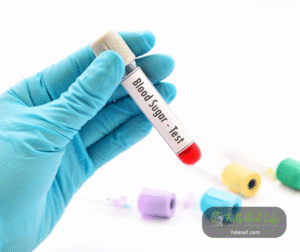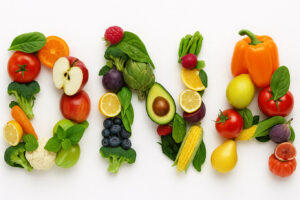Zinc is a mineral that often flies under the radar, but its impact on our health is profound. From fortifying our immune defenses to nurturing our skin and supporting overall vitality, zinc is an unsung hero in the realm of nutrition. Despite its importance, many individuals fall short of meeting their daily zinc needs, leading to a host of health concerns. Most Americans only consume about 15% of the Estimated Average Requirement (EA) for zinc, highlighting a widespread issue of zinc insufficiency globally.
Zinc: More Than Just a Nutrient
Zinc is not just another nutrient on the list; it’s a dynamic element that orchestrates a symphony of biochemical processes within our bodies. Acting as a cofactor for over 300 enzymes, zinc plays a pivotal role in immune function, wound healing, DNA synthesis, and protein metabolism. Additionally, zinc is crucial for maintaining healthy skin, promoting cognitive function, and supporting reproductive health. As a trace mineral, zinc is not stored in the body, necessitating a consistent intake through dietary sources or supplementation.
Recognizing Zinc Deficiency
Despite its importance, zinc deficiency remains a prevalent issue worldwide. Factors such as poor dietary intake, gastrointestinal disorders, and certain medications can contribute to suboptimal zinc levels. Recognizing the signs of zinc deficiency is essential for early intervention. Symptoms may manifest as impaired immune function, delayed wound healing, dermatological issues, and cognitive disturbances. Vulnerable populations, including vegetarians, pregnant or lactating women, and the elderly, are particularly susceptible to zinc inadequacy and should pay close attention to their zinc intake.
Dietary Sources
Meeting your daily zinc requirements is achievable through a balanced and varied diet rich in zinc-containing foods. Animal sources such as oysters, beef, poultry, and dairy products are excellent choices for obtaining bioavailable zinc. Plant-based options like legumes, nuts, seeds, and whole grains also provide valuable amounts of zinc, albeit in a less absorbable form. To enhance zinc absorption, pair zinc-rich foods with sources of vitamin C and avoid high-fiber or phytate-rich foods during zinc-containing meals.
Supplementing Zinc for Optimal Health
Supplementing with zinc can be an effective strategy for addressing zinc deficiency and optimizing health outcomes. Zinc supplements come in various forms, including zinc gluconate, zinc citrate, and zinc picolinate, each with unique bioavailability properties. When selecting a zinc supplement, consider factors such as absorption efficiency, dosage, and potential interactions with other medications or nutrients. Additionally, be mindful of zinc toxicity, as excessive zinc intake can lead to adverse effects such as nausea, vomiting, and immune dysfunction.
Taking Charge
As you embark on your journey to better health, take proactive steps to assess your zinc status and address any deficiencies. By prioritizing zinc-rich foods, and supplementing wisely, you can unlock the full potential of this essential mineral and pave the way for optimal health and well-being.
So, when was the last time you checked your zinc levels? Take advantage of our free consultation to assess your zinc status.








